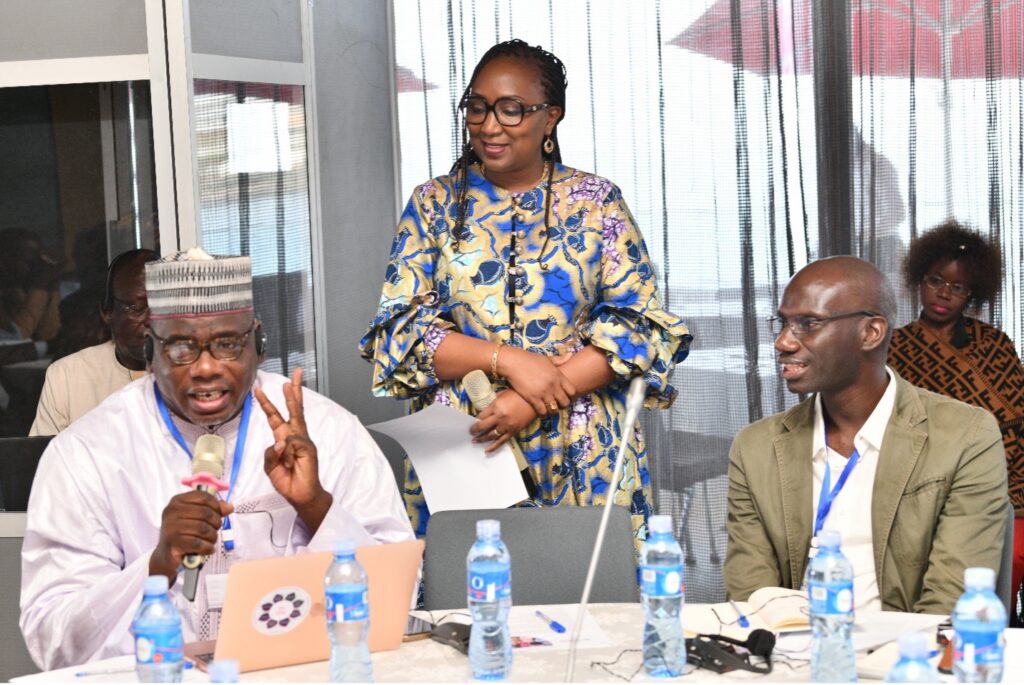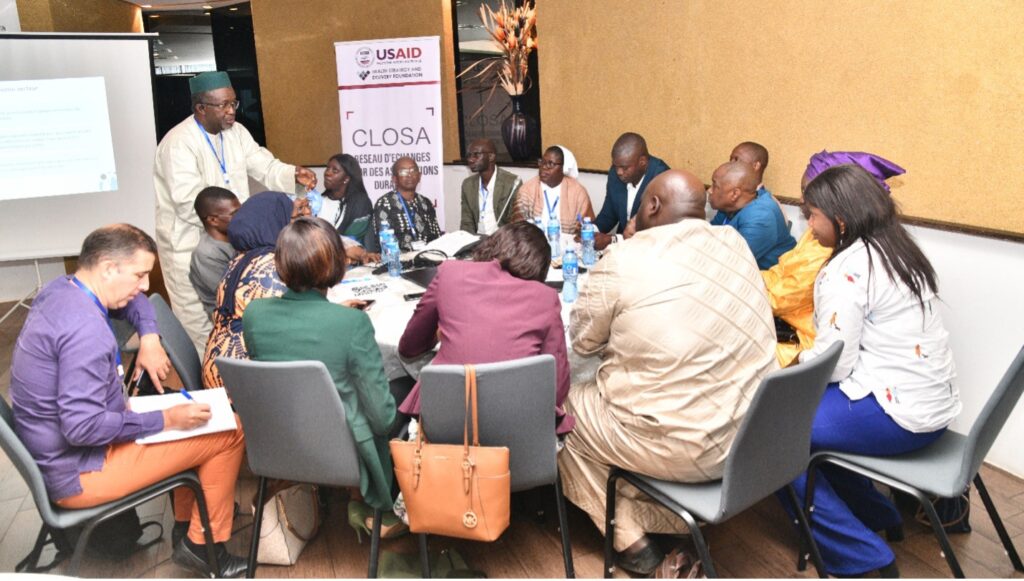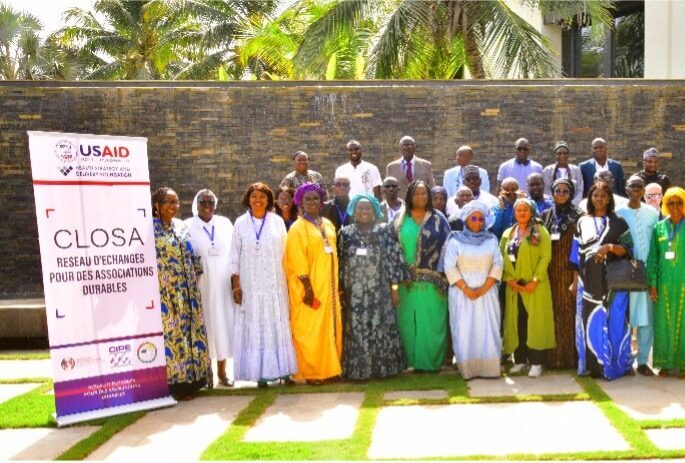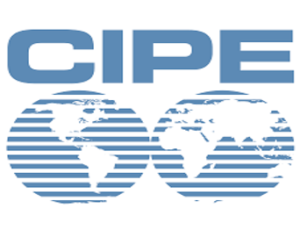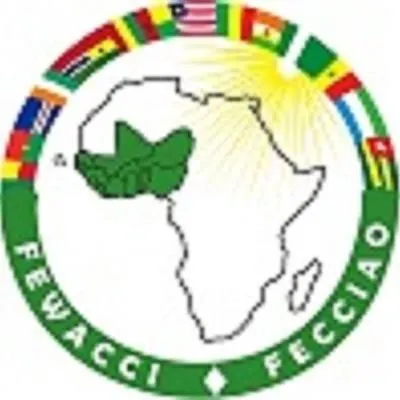USAID Partners with Local Implementers to Enhance Commercial Viability and Financial Sustainability of Private Sector Associations in West Africa
The private sector plays a crucial role in shaping national, regional, and global economies. From individual traders to entrepreneurs who create small and medium scale businesses as well as large multinational corporations, players in the private sector serve as catalysts for economic growth and transformation. Unfortunately, the private sector in Africa is largely underdeveloped and plagued with a myriad of challenges including limited access to finance, high member turnover, lack of adequate data and technology, knowledge gaps of members, lack of effective leadership and governance mechanisms, and lack of financial management and sustainability systems; all of which tend to limit the potential of Africa, the 2nd largest continent in the world
To help overcome some of these challenges, USAID in partnership with the Health Strategy and Delivery Foundation (HSDF), introduced the Connect and Learn for Sustainable Associations (CLOSA) project to help private sector associations (PSAs) in West Africa become more commercially viable and financially sustainable by developing a robust multi-country knowledge base on building PSAs and supporting adaptive learning across multiple associations.
So far, the CLOSA project has been launched in three West African countries namely: Ghana, Nigeria, and Senegal with many of the private sector associations attending the project kickoff meetings across the countries. Speaking on the significance of the initiative at the kickoff event in Accra, Mr. Wisdom Adongo, Senior Project Officer, Private Enterprise Federation (PEF), the apex business council in Ghana comprising nineteen (19) business associations, expressed excitement about the ideas shared during the project presentations and the potential impact that the project would have on private sector associations operating in Ghana. He stated that:
Among other things, I believe this project will enhance the business operations of PSAs in a bid to increase their profitability and financial sustainability beyond donor funding and/or donor support by putting in place systems that will make them more commercially viable and position them to serve the needs of their constituent associations
The Head of Research and Advocacy at Ghana’s National Chamber of Commerce and Industry, Mr. Julius Bradford Lamptey, also described the intervention as “timely”, stating:
CLOSA is a timely intervention, especially now that businesses and their respective business associations are looking for ways to stay relevant and become more resilient in the aftermath of the COVID-19 pandemic. Through this program, we hope to acquire the requisite knowledge and skills that will help us add more value to our members and become more viable and sustainable
In his remarks at the project launch in Abuja – Nigeria, the President of the Federation of West African Chamber of Commerce and Industry (FEWACCI), commended USAID for introducing the project and pledged his support to the success of the project.
FEWACCI will support and contribute to the achievement of CLOSA objectives, and we will do this in collaboration with our sister associations – i.e. the Lagos and Abuja chapters of the Nigerian Association of Chambers of Commerce, Industry, Mines and Agriculture, as well as other relevant private sector associations involved in this project. We will also support you wherever you go in Ghana and Senegal through our branches in these countries.
The CLOSA project will leverage existing structures and offer strong technical and managerial approaches through local experts, coaching and mentoring. While supporting private sector associations to build on current member-engagement and business strategies, the project would also leverage on the systems thinking approach to understand the current association ecosystem, identify root causes of underperformance, and develop context-specific and locally informed strategies/solutions aimed at increasing sustainability and improving commercial viability across the Agriculture, Health,andEntrepreneurship sectors.
Going forward… With the project launch in the three West African countries, USAID, through its local implementers, is positioning itself as a strategic partner to help transform Africa’s economy and unlock limitless opportunities for the people.
